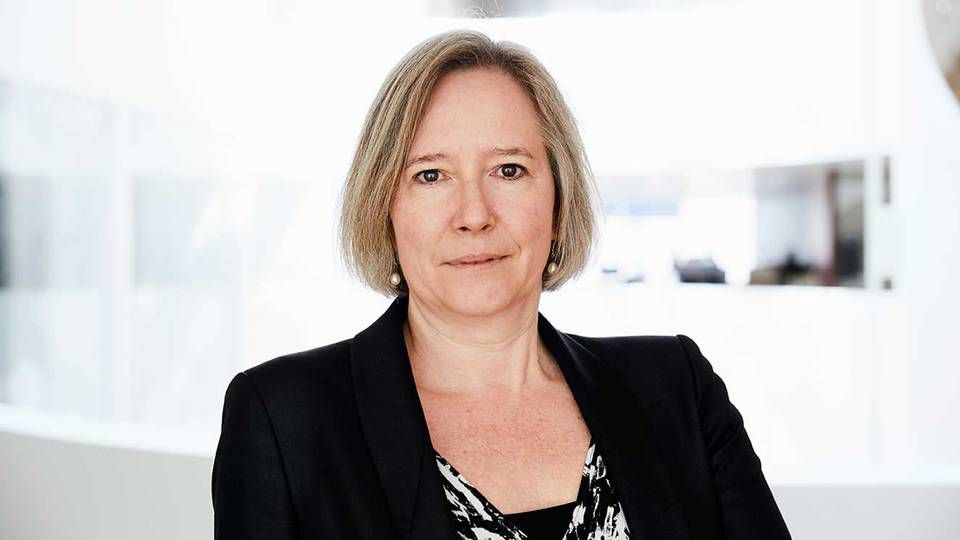“I always wanted to be part of the decision-making — but it’s not about the power”

What career path did you envision for yourself when you were younger?
I’ve never envisioned a particular career path, but one thing is that I have always been very keen on being independent. I remember once as a young girl wondering out loud whether I ever wanted to get married — and my father laughing at me! I guess I’ve probably always been ambitious to a certain extent professionally, and very much wanted to be part of the decision making — the overall strategic thinking.
After university my first job was in a bank, the part of the bank with the broker business. What I was primarily doing at that stage was learning, doing a lot of analysis and providing input for other departments.
It’s not as if it’s a problem for me working for other people, but I don’t want to be in a role where the walls are too close. It’s not about power over people, but some degree of freedom and being able to influence the process has always been important.
When did you decide on the career path that you're on today?
With my academic background, it was very natural to work in the financial sector. I’ve always been very keen on maths, so after school I went to Aarhus University, and got a masters in science, maths and economics. The courses involved a lot of statistics, with the economic part of it focusing on finance, and I specialised in portfolio theory — portfolio optimization, diversification and how to understand risk.
Which part of your education has been most useful in your career?
What do you get out of a very long time studying? The ability to learn and the analytical skills to allow you to evaluate new things when you are faced with them. But the more specific knowledge and skills I acquired at university have also been invaluable, of course, such as maths and statistics. On the other hand, I also learned a lot of very complicated maths I have never used!
My education didn’t finish back then though. In 2015, I completed an MBA at Henley Business School, learning about the management and administration side of things, and that has already been useful. Although I had already done a lot of that in practice, on the course I also learned a lot more of the theories behind it — which has added to my toolbox, I guess.
What part of your CV represents the most drastic change in your career path?
My move to ATP. Before that I had looked primarily at fixed income and mainly domestic fixed income — everything had been very domestically orientated. Coming to ATP meant the whole world opened up, and I was speaking English every day, because the portfolio was global. It was extremely interesting and the job change was a good move. Of course it was different from the ATP of today — your responsibility was broader back then because there were far fewer people working there.
Which leader in the industry has been most inspiring to you career-wise?
To be honest there are so many! I have been very inspired by a lot of my colleagues. And I do think it’s extremely important to find inspiration in people around you. You should always try to get the best out of people and listen. If you are too concentrated on yourself and the leadership of an organisation, you might miss out on a lot of valuable input.













